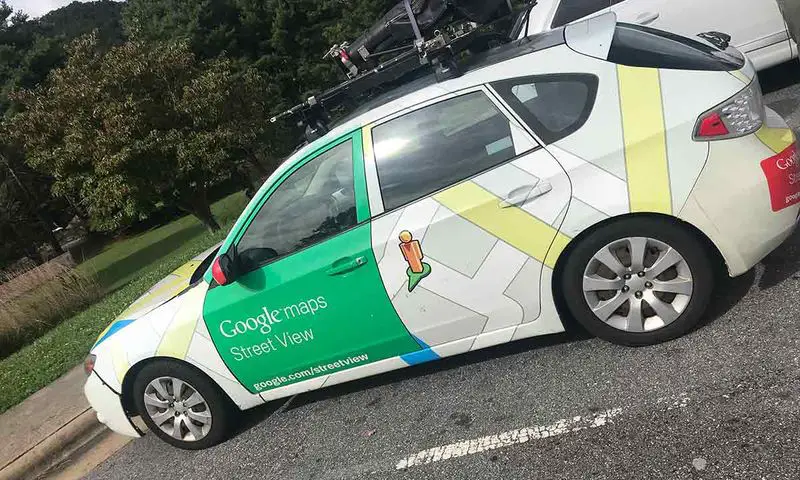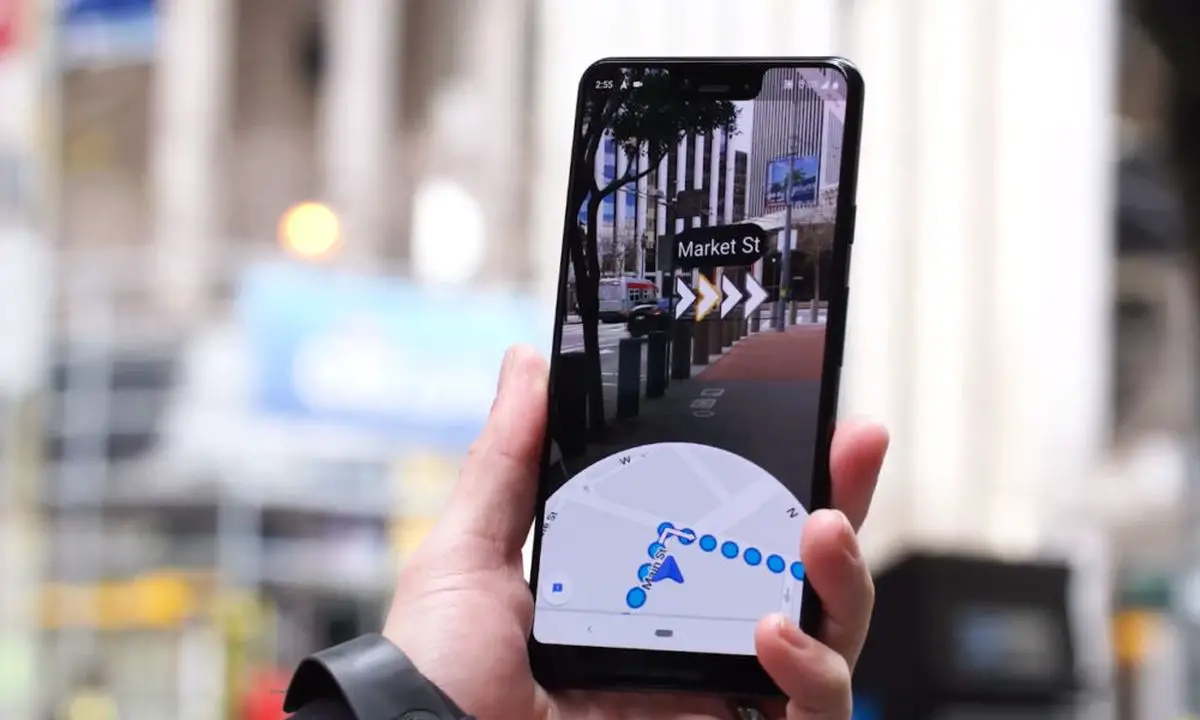Although there are tastes for everyone, the fact is that Google Maps is, to date, the most popular mapping service in existence. Bing’s map function is also very complete, and Waze (also owned by Google) has its strong point in social functions. There are also other paid services, such as the popular Coyote, which specialize in speed camera warnings… in short, there is a wide range of options, but, in the end, Google’s service is the one that, for the most part, takes the cake.
It is also true that part of the functions of Google Maps depends on the return of data from users who are using the app at any given moment. From the real-time traffic status to the functions for calculating the best time to make a trip (based on traffic estimates) depend, vitally, on drivers deciding to share information about their position with Google.
However, many users legitimately want to use Google Maps, but do not want to share information about their location and their use of the service. Of course, this goes against Google’s interests and it seems that they are tired of giving without getting anything in return and, consequently, Google Maps will limit the information it offers to users who do not share their location live.
For this change, which from what we can read is imminent in the United States, the Google Maps app is starting to display a message informing the user of how the service uses real-time location information, and how this serves to improve the quality of service. The message, although not explicitly stated, is a request for consent to access this information. Although we have not been able to test it, everything suggests that, if not previously granted, then it will open a message from the operating system in which we will have to authorize Google Maps access to the location.

Those users who do not agree to share their location will consequently get a much more limited version of Google Maps, in which, for example, we will not be able to receive real-time directions. Instead, all we will get is a static list of the route we need to follow to reach our destination, according to the article. It seems that the quid pro quo is real-time information in exchange for real-time information.
The change is planned for both iOS and Android and, although initially there is talk of its deployment in the United States, it is most likely that Google intends to apply this change to Google Maps globally. However, it will be necessary to check how it adjusts to the legal regulations of each region. Of course, remember that the company is not obliged to offer the services it currently provides, so it seems that, at this point, it has the upper hand. And, if we are honest, it makes sense to give in exchange for receiving.
Would a paid Google Maps Pro makes sense, with that tracking removed and other exclusive features offered? We think so, but at least for the moment, it doesn’t seem to fit with Google’s common business model, i.e. services in exchange for data. However, if tomorrow they would consider it and what they would offer would be interesting, and the cost would be moderate, it seems to me that it would be an interesting way of monetization for the most used mapping service today.





